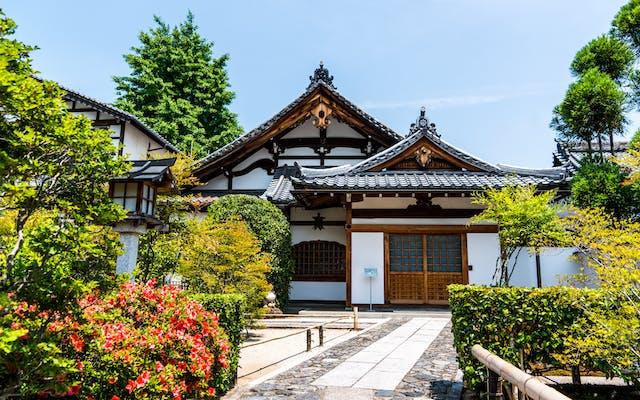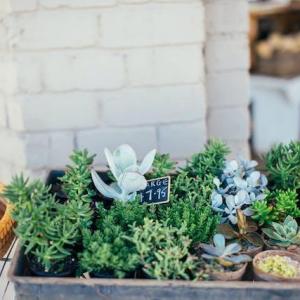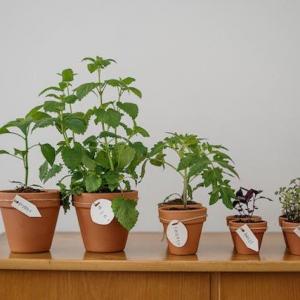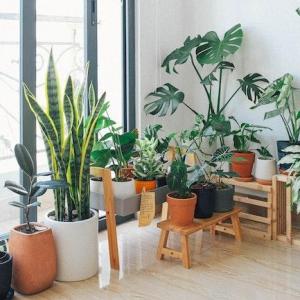
Delving into the Zen Garden's Philosophy
Japanese Zen gardens, or karesansui, are not mere aesthetic creations but embodiments of Zen Buddhism's profound philosophy. They are designed to evoke tranquility and provoke introspection, offering a space where one can connect with nature and the deeper aspects of self.Historical Roots and Evolution
Originating in medieval Japan, these gardens were initially confined to Zen temples, meant for the monks' spiritual practice. Over time, they evolved, with each element meticulously chosen and placed to create a harmonious, minimalist environment conducive to meditation and contemplation.Symbolism in Rocks and Sand
Central to Zen gardens are rocks and sand, each element rich in symbolic meaning. Rocks can signify mountains, animals, or Buddha, embodying permanence and stillness. The sand or gravel, often raked into intricate patterns, represents water, purity, or the ebb and flow of life. The act of raking itself is meditative, symbolizing the monks' journey to enlightenment.Architectural Elements and Their Significance
Zen gardens often feature architectural elements like bridges, lanterns, and basins, each adding depth and meaning. Bridges symbolize the passage from one state of being to another, while lanterns are guides on the spiritual path. Water basins, often made of stone, are used for ritual cleansing, representing purification.Iconic Zen Gardens and Their Unique Characteristics
The Ryoan-ji Temple's rock garden is perhaps the most iconic, known for its fifteen rocks arranged such that one is always hidden from view, symbolizing the incompleteness of our understanding. The Daisen-in Temple garden tells a more explicit story with its rock arrangements, depicting a journey through life.Meditative and Therapeutic Aspects
Zen gardens are spaces for meditation and self-reflection. Their design principles – simplicity, naturalness, and austerity – encourage visitors to quieten the mind and focus on the present. The therapeutic aspect of these gardens is recognized in their ability to reduce stress and promote mental well-being.Adapting Zen Gardens in Modern Landscapes
Modern adaptations of Zen gardens are varied. They range from expansive public gardens to compact personal spaces, each retaining the essence of traditional Zen elements. These adaptations demonstrate the versatility of Zen principles and their relevance in contemporary life.Incorporating Zen Gardens into Personal and Urban Spaces
Creating a Zen garden in personal or urban spaces can be a rewarding endeavor. Even a small corner or a tabletop can be transformed into a tranquil spot, using miniature rocks, sand, and plants. These gardens act as peaceful sanctuaries amidst the hustle and bustle of modern living.Cultural Impact and Global Relevance
The cultural impact of Zen gardens extends beyond Japan, influencing garden design and philosophy across the globe. They represent a universal quest for tranquility and understanding, making them relevant in various cultural contexts.Reflection and Mindfulness through Zen Gardening
Engaging in the creation and upkeep of a Zen garden can be a deeply reflective and mindful practice. It encourages a connection with nature and an appreciation for the beauty of simplicity. The process of arranging stones, raking sand, and caring for plants becomes a form of moving meditation.Conclusion: Zen Gardens as a Portal to Serenity
Japanese Zen gardens are more than mere landscapes; they are portals to inner serenity and understanding. Whether in a temple, a public park, or a personal space, these gardens invite us to pause, reflect, and find peace in the simplicity and beauty of the present moment.
Article
Be the first comment
Elite Article














